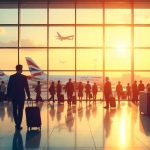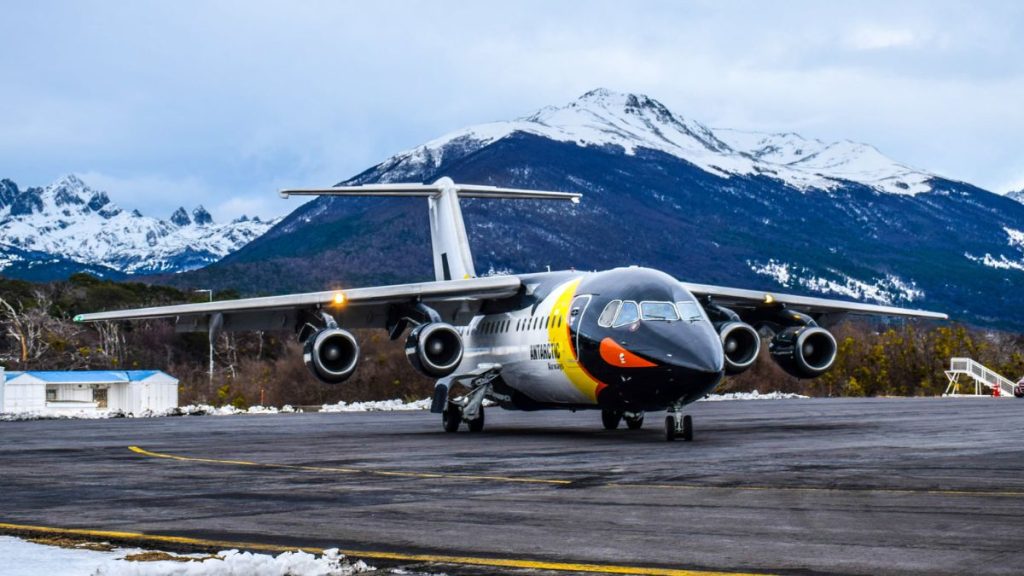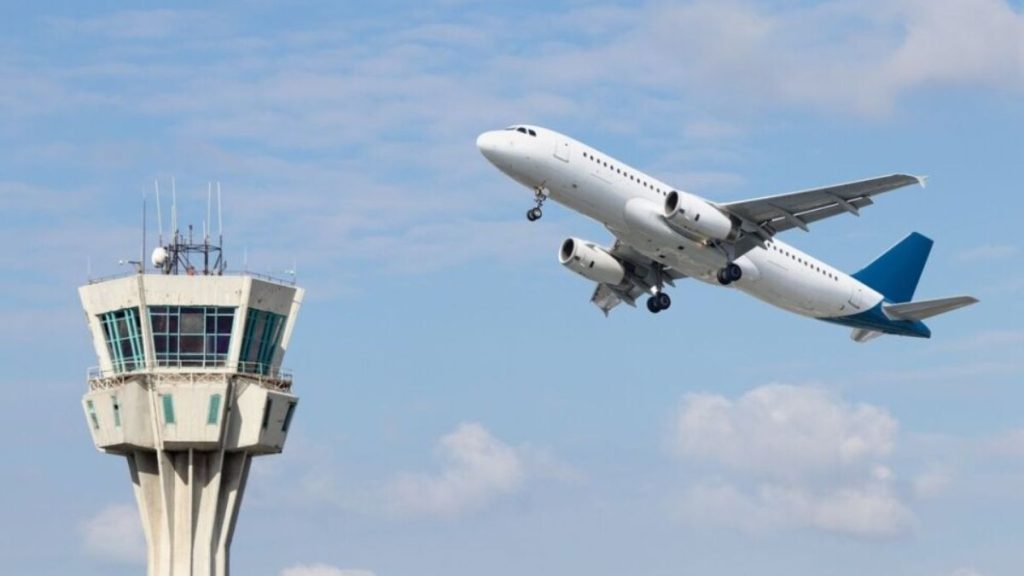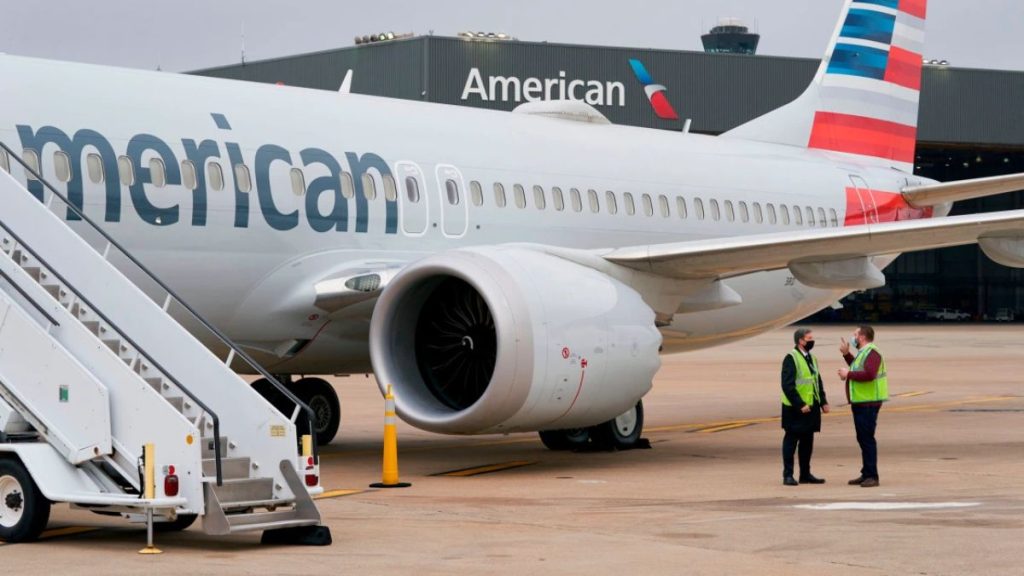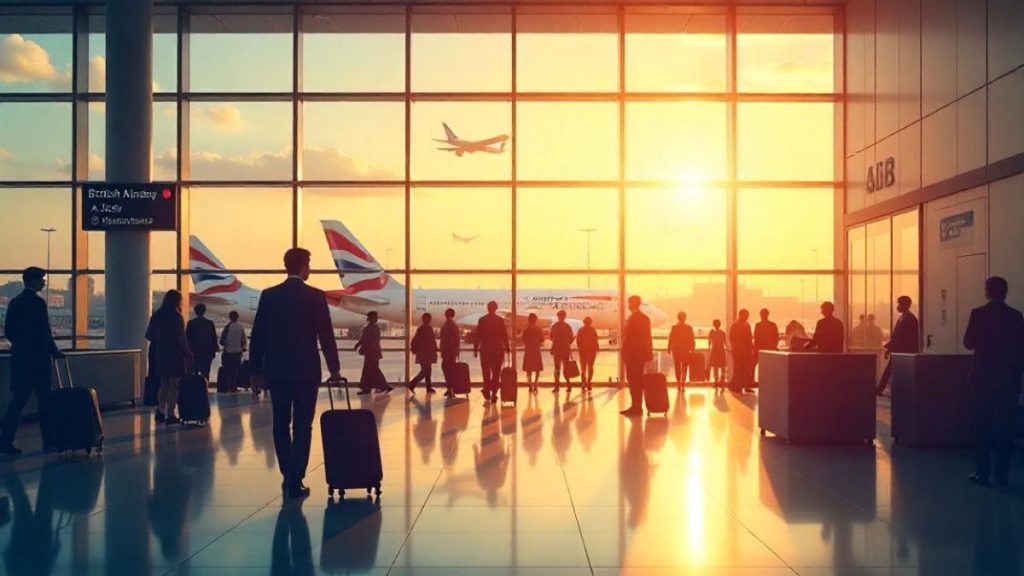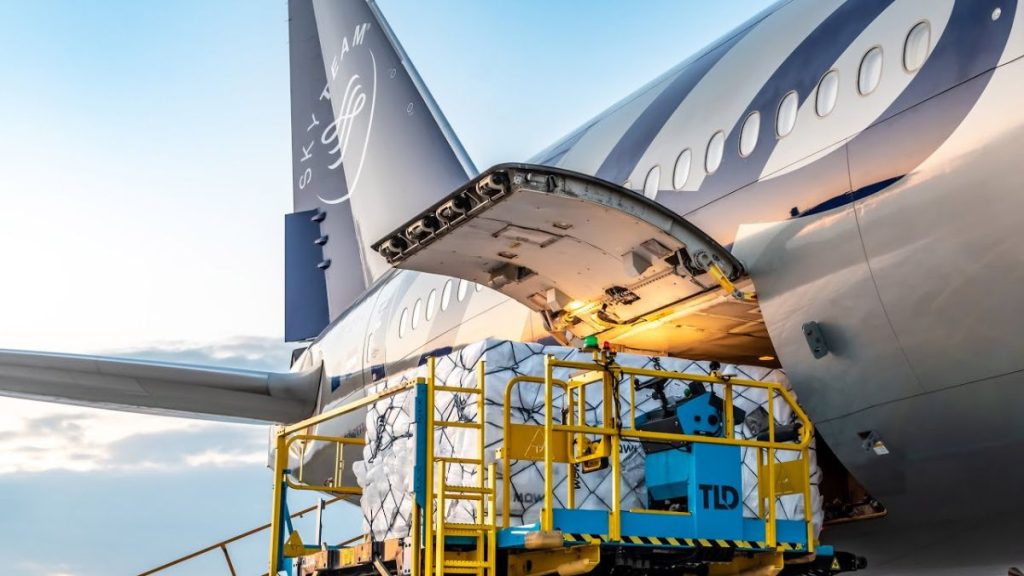Europe’s aviation sector is voicing alarm after the Dutch government announced another increase in air ticket taxes. Critics argue that while the measure may appear environmentally motivated, it risks undermining air connectivity, passenger affordability, and aviation’s decarbonisation efforts.
The Netherlands already imposes one of the highest levies on consumer air travel in Europe, and this new hike pushes the cost of flying even higher. Industry leaders warn the move could have unintended consequences across the economy and environment.
Passenger and Economic Impact
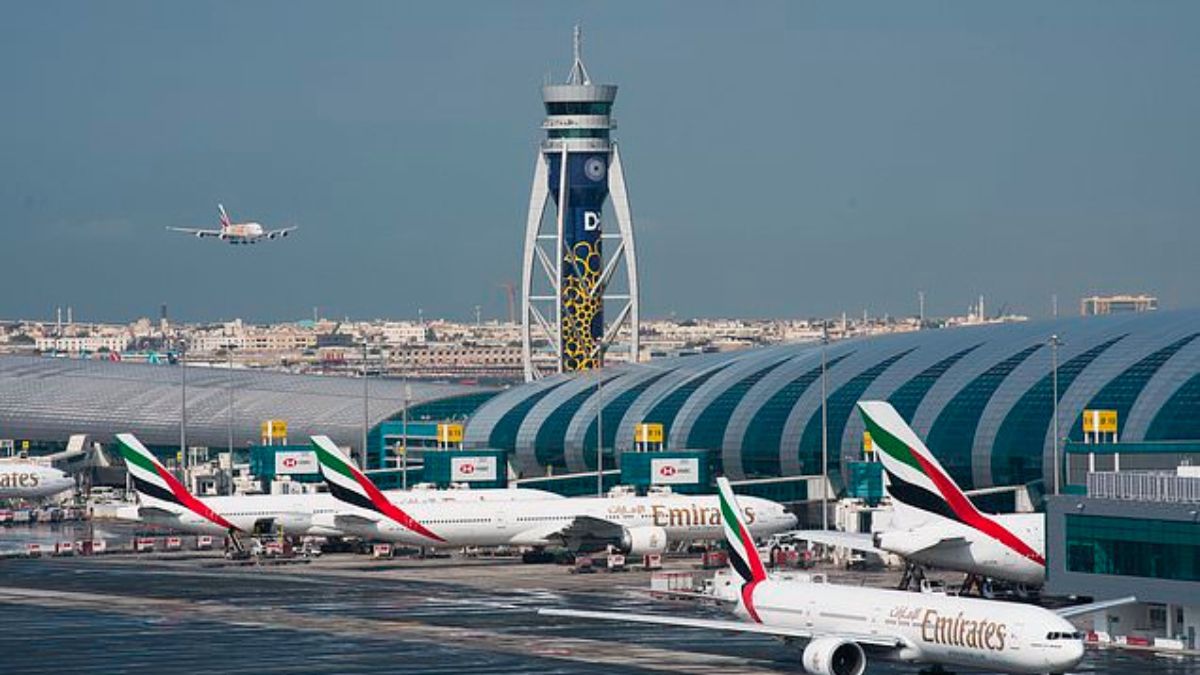
Airlines and travel groups stress that repeated tax increases may divert passengers to competing hubs in neighboring countries, reducing revenue for local airports, hotels, and tourism businesses.
With airports serving as crucial nodes for international trade and regional mobility, reduced traffic could harm businesses dependent on global connectivity. Airlines also caution that higher fares may suppress demand, directly impacting profitability and reducing investment in new routes.
Aviation’s Role in the Economy
Aviation is a key driver of Europe’s economy, linking millions of passengers each year while facilitating billions in trade. The Dutch aviation network is strategically positioned in Europe, with Schiphol Airport serving as one of the region’s busiest hubs.
However, increased taxation without matching investment incentives could weaken the Netherlands’ competitiveness, shifting air traffic to rival hubs such as Brussels, Frankfurt, or Paris.
Climate Goals and Green Investments at Risk
The aviation sector is currently investing billions in net-zero carbon projects, including sustainable aviation fuels (SAF), fuel-efficient aircraft, and modernized airport infrastructure.
Critics argue that instead of accelerating green investment, the ticket tax increase diverts funds away from climate-focused initiatives, leaving airlines and airports less equipped to finance the transition.
A4E Managing Director Ourania Georgoutsakou emphasized that “time and time again, these unjustified tax rises have been shown to serve neither the passenger nor the climate.”
Political Versus Practical Policy
Observers describe the tax hikes as short-term political measures, designed to boost government revenue without delivering long-term climate or economic benefits.
ACI EUROPE Director General Olivier Jankovec called the move “the textbook example of short-term political thinking,” warning that it penalizes consumers while diverting resources away from decarbonisation.
Connectivity at Stake
Maintaining affordability and efficiency is crucial as competition among European airports intensifies. If travelers opt for alternative hubs due to high costs in the Netherlands, the country could lose its standing as a global aviation gateway.
This would reduce the Netherlands’ ability to attract business, host international events, and remain competitive in the global tourism market.
Calls for Balanced Solutions
Industry experts insist that government incentives, rather than punitive taxation, are the best way forward. Proposals include:
- Funding sustainable infrastructure projects
- Incentivizing SAF production and usage
- Promoting low-emission travel options
- Supporting technology adoption in aviation
Such measures, they argue, would accelerate climate progress without reducing passenger access or harming economic growth.
A Sector at a Crossroads
The aviation industry acknowledges its environmental responsibilities but stresses the need for balanced policies that combine economic growth, passenger affordability, and climate action.
The Dutch government’s latest tax hike is viewed as a turning point—one that could either encourage regional sustainability strategies or weaken aviation’s role in Europe’s economy and environmental goals.
FAQs
Q1: Why is the Dutch government raising air ticket taxes again?
The government says the hike is part of efforts to reduce aviation’s climate impact. However, critics argue it primarily serves as a revenue measure without significantly advancing environmental goals.
Q2: How does this tax affect travelers?
Passengers will face higher ticket prices, which may encourage them to book flights from nearby countries with lower taxes, potentially reducing travel through Dutch airports.
Q3: What impact does this have on aviation’s climate investments?
Higher taxes reduce airline and airport revenue, leaving them with fewer resources to invest in sustainable aviation fuel, fuel-efficient aircraft, and green infrastructure.
Q4: How could this affect the Netherlands’ position in European aviation?
The move could weaken the country’s competitive edge, as passengers and airlines may shift operations to other hubs like Brussels or Frankfurt.
Q5: What alternatives do experts suggest instead of higher taxes?
Experts recommend government incentives for green technology, SAF subsidies, and infrastructure investment rather than penalizing passengers through higher levies.




